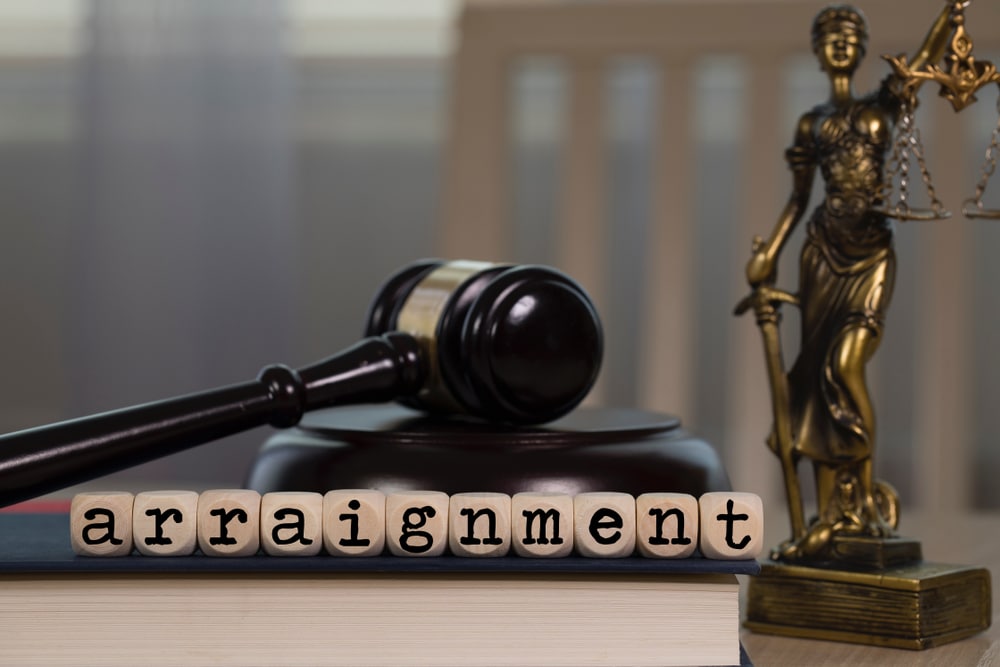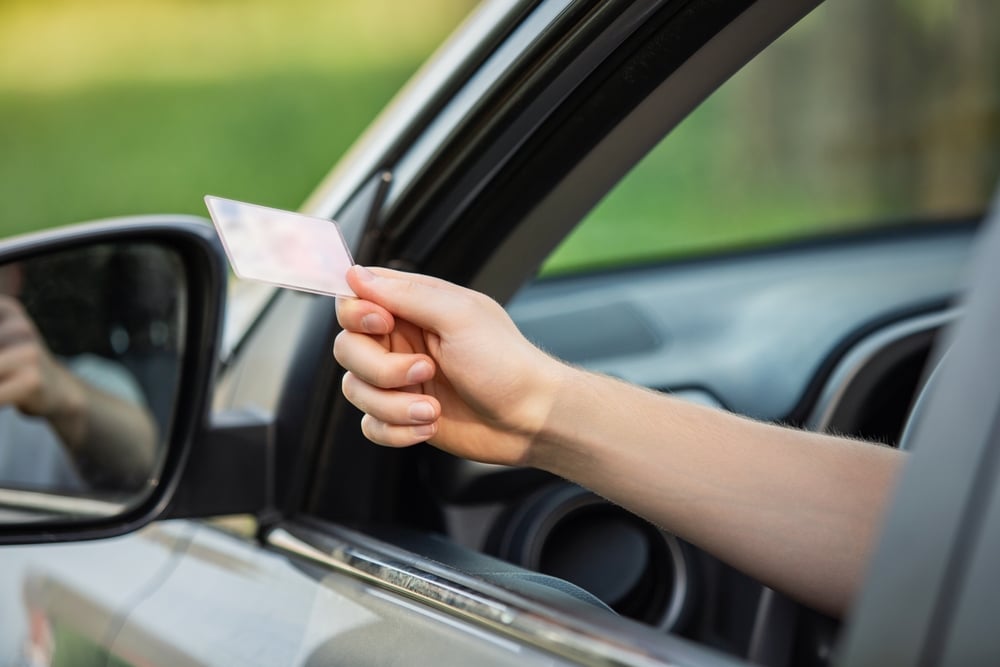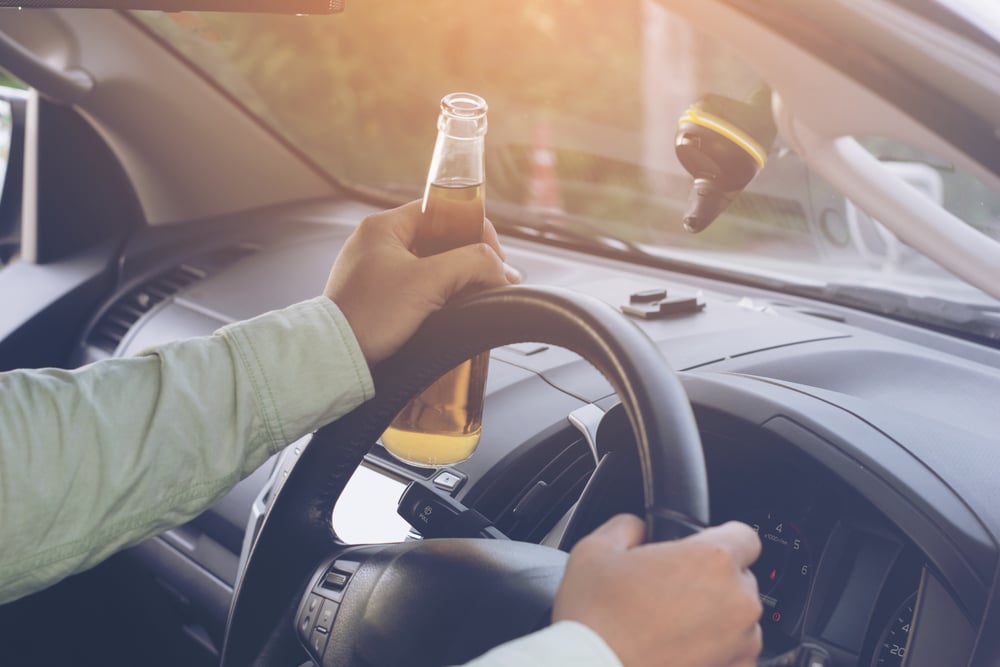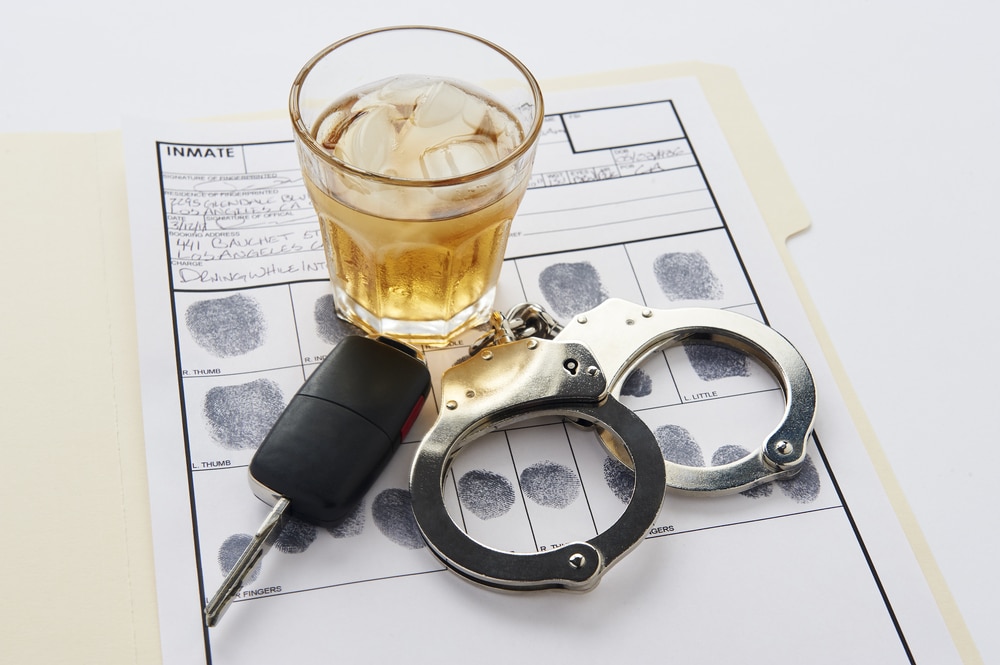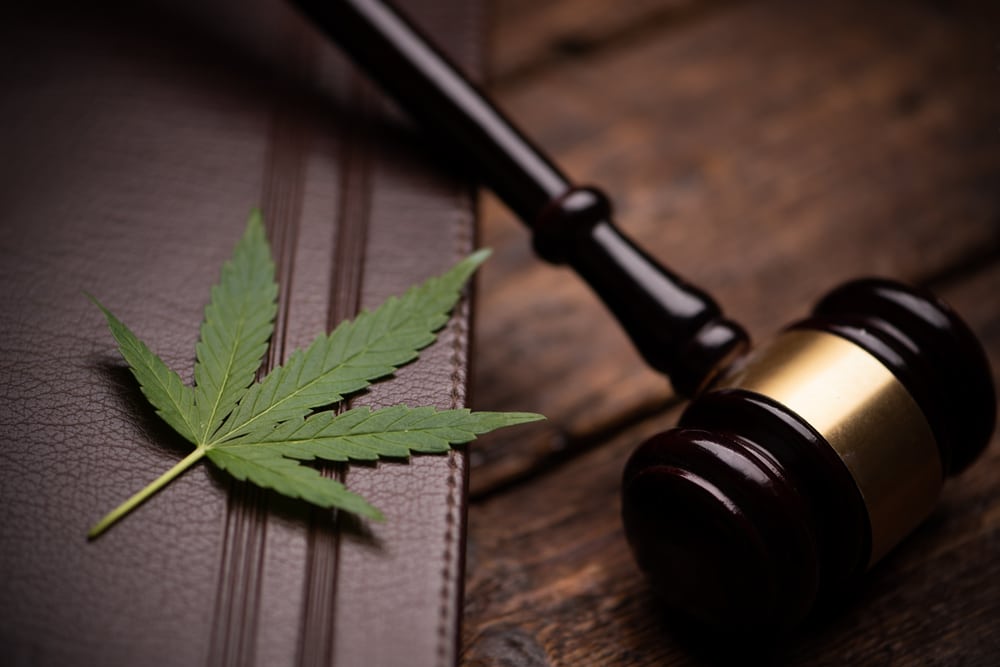A DWI is a serious matter — and the repercussions for multiple offenses can be much more severe. While a first-time DWI conviction is generally classified as a misdemeanor in New York State, a second offense within ten years constitutes a felony. If you’ve been charged with a DWI offense and have previously been convicted of one, it’s essential to understand the penalties you could face. Critically, an experienced DWI attorney can help you build a strong defense and fight to minimize the consequences in your case.
What are the Penalties for Multiple DWI Offenses?
An individual can be charged with a DWI if they have a blood alcohol content of .08 or higher, or other evidence of intoxication exists. Notably, a person can be charged with “driving while ability impaired” (DWAI) — even if their BAC is below the legal limit — if they show signs of impairment. For a first DWI, the penalties can include a fine of between $500 and $1,000; up to one year in jail; a six-month license suspension; and three years of probation.
The penalties for multiple DWIs can include the following:
- Two alcohol or drug-related driving convictions — A fine up to $5,000; four years in jail; license revocation for at least one year. A second DWI within ten years can be charged as an E felony.
- Three DWI violations in ten years — A fine up to $10,000; seven years in jail; license revocation for at least one year. A third DWI is charged as a D felony.
- Second DWAI in five years — A fine of $500 to $750; 30 days in jail; license revocation for at least six months.
- Three or more DWAIs in ten years — A fine of $750 to $1,500; 180 days in jail; license revocation for at least six months.
Other penalties for a subsequent DWI can include probation, community service, and participation in an alcohol treatment program. A driver who has been convicted of a drunk driving offense may also be required to install an ignition interlock device in their vehicle, regardless of how many DWIs they have.
What are the Defenses That Can Be Raised for Subsequent DWI Charges?
There are a number of defenses that may be asserted for a subsequent DWI. In fact, many of the same defenses for a first DWI can be used for a second or third offense. For instance, a criminal defense attorney may be able to assert that the traffic stop was unsubstantiated due to a lack of probable cause. Other defenses can involve Constitutional violations such as illegal search or seizure or law enforcement’s failure to read the defendant their Miranda warning.
A first or subsequent DWI can also be challenged due to a lack of reliability regarding the testing equipment. If a breathalyzer was not properly calibrated or stored, the results might not be accurate. In addition, if the person who administered the test did not have the necessary training to do so, errors could occur. In some cases, a DWI attorney might also be able to challenge the officer’s testimony or establish an alternative reason for the defendant’s appearance of intoxication — such as fatigue or a health condition.
Contact an Experienced New York DWI Attorney
Whether you’ve been charged with a first DWI or a subsequent one, it’s vital to have a knowledgeable criminal defense attorney by your side who can protect your rights. The DWI attorneys at D’Emilia Law offer reliable representation and aggressive advocacy for those who have been charged with DWIs and are dedicated to securing the best possible results in each client’s case. To schedule a consultation, contact us at 1-888-DEMILIA.



